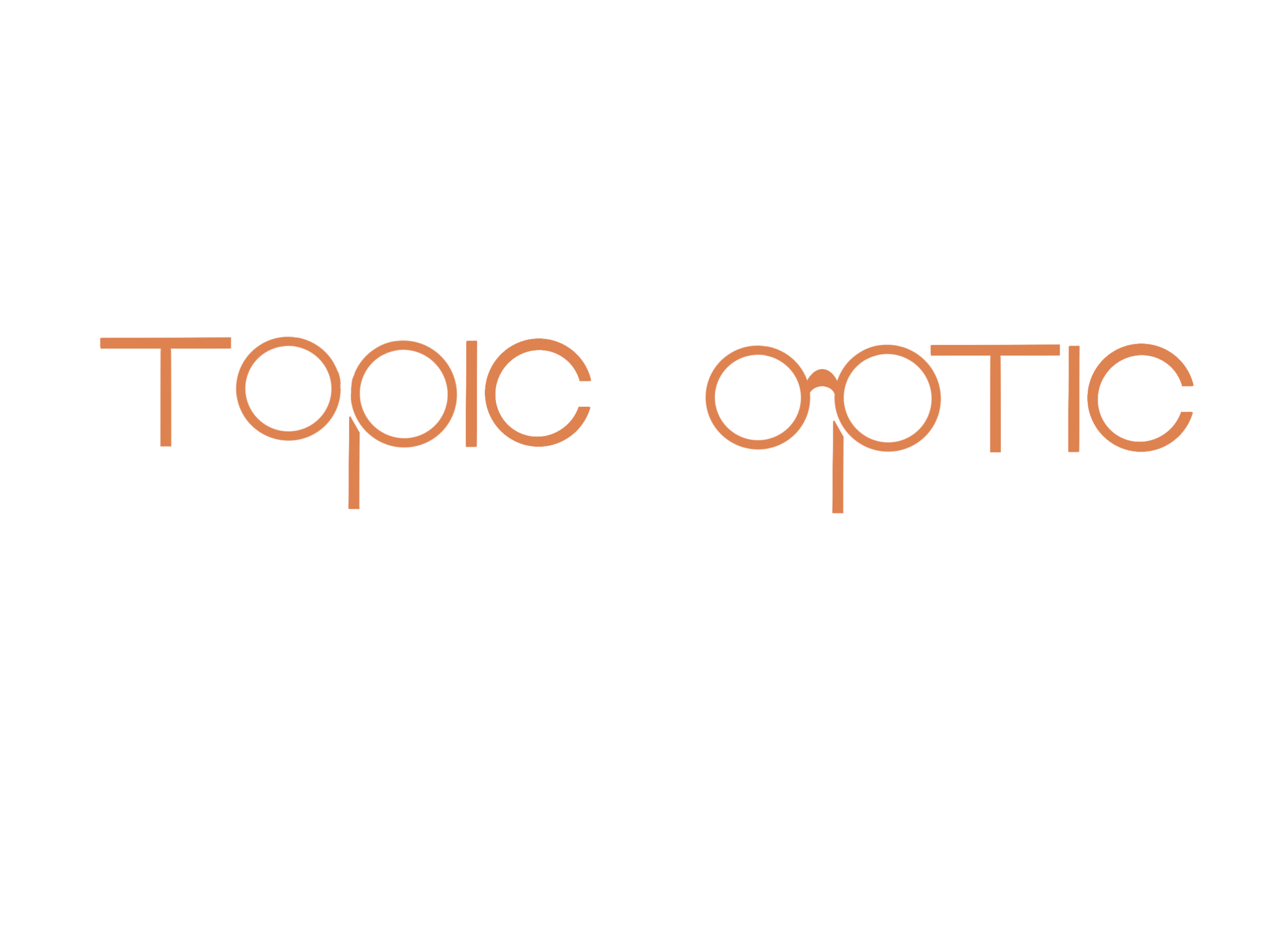Blue Light and Sleep: How Screen Time Affects Your Sleep Quality
Summary
In an era dominated by screens, understanding the impact of blue light on sleep is crucial. This article delves into the science behind how screen time, particularly before bedtime, can disrupt our natural sleep patterns.
The Science of Blue Light: Blue light, predominantly emitted by digital devices like smartphones and computers, is known for its ability to hinder the production of melatonin, the hormone responsible for regulating sleep. The article would explore research findings that explain this phenomenon.
Screen Time and Circadian Rhythms: Excessive screen time, especially in the evening, can reset our internal clock or circadian rhythm, leading to difficulties in falling asleep. The article can include insights from sleep experts and studies highlighting this issue.
Protective Measures: To combat the effects of blue light, various solutions like blue-light blocking glasses and screen filters are available. The article would evaluate their effectiveness based on recent research and expert opinions.
Healthy Screen Habits for Better Sleep: Practical tips on maintaining a healthy balance between screen time and sleep hygiene will be a key focus. This includes guidelines on limiting device usage before bed and setting up a sleep-conducive environment.
Expert Interviews and Personal Stories: Incorporating interviews with sleep experts and anecdotes from individuals affected by screen-induced sleep disturbances would provide a comprehensive understanding of the issue.
Emerging Research and Future Directions: Lastly, the article would touch upon the latest research in this field and potential future developments in managing blue light exposure for better sleep health.
Learn More
- Harvard Health Publishing. (2023). Blue light has a dark side.
- Sleep Foundation. (2023). How Blue Light Affects Kids & Sleep.
- National Sleep Foundation. (2023). The link between blue light and sleep. Read More
- Journal of Applied Physiology. (2023). Evening use of light-emitting eReaders negatively affects sleep, circadian timing, and next-morning alertness.
- The Vision Council. (2023). 2020 Digital Eye Strain Report.
Privacy Screens & Vision Health
Privacy Screens & Eye Health March 8th, 2021 2-3 minute read Vision Health By: Ala Nilforooshan Summary In today’s digital age, concerns about the impact
Blue Light and Sleep: How Screen Time Affects Sleep Quality
Blue Light and Sleep: How Screen Time Affects Your Sleep Quality January 3rd, 2020 2-3 minute read Eye Care By: Ala Nilforooshan Summary In an
Vision and Mental Health: Exploring the Connection
Vision and Mental Health: Exploring the Connection January 3rd, 2020 2-3 minute read Vision Health By: Ala Nilforooshan Summary In recent years, the link between
